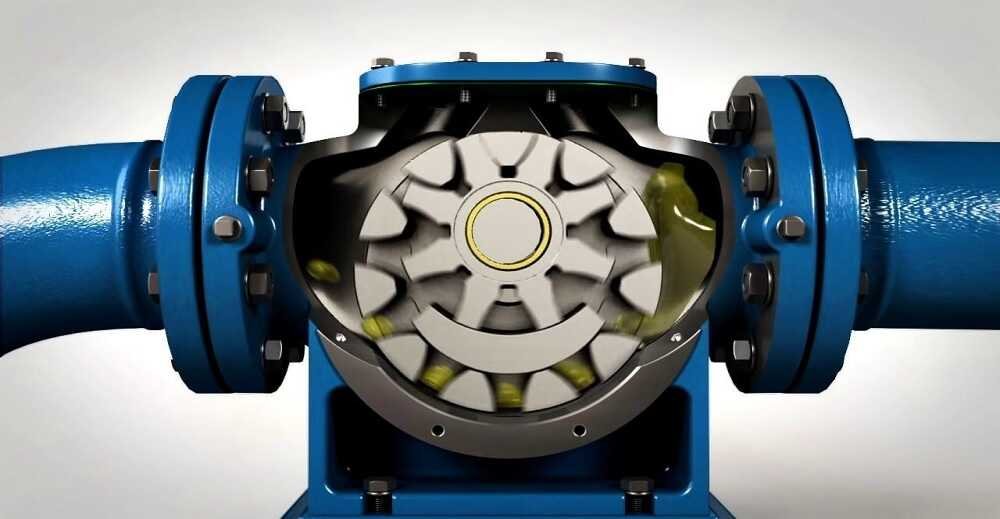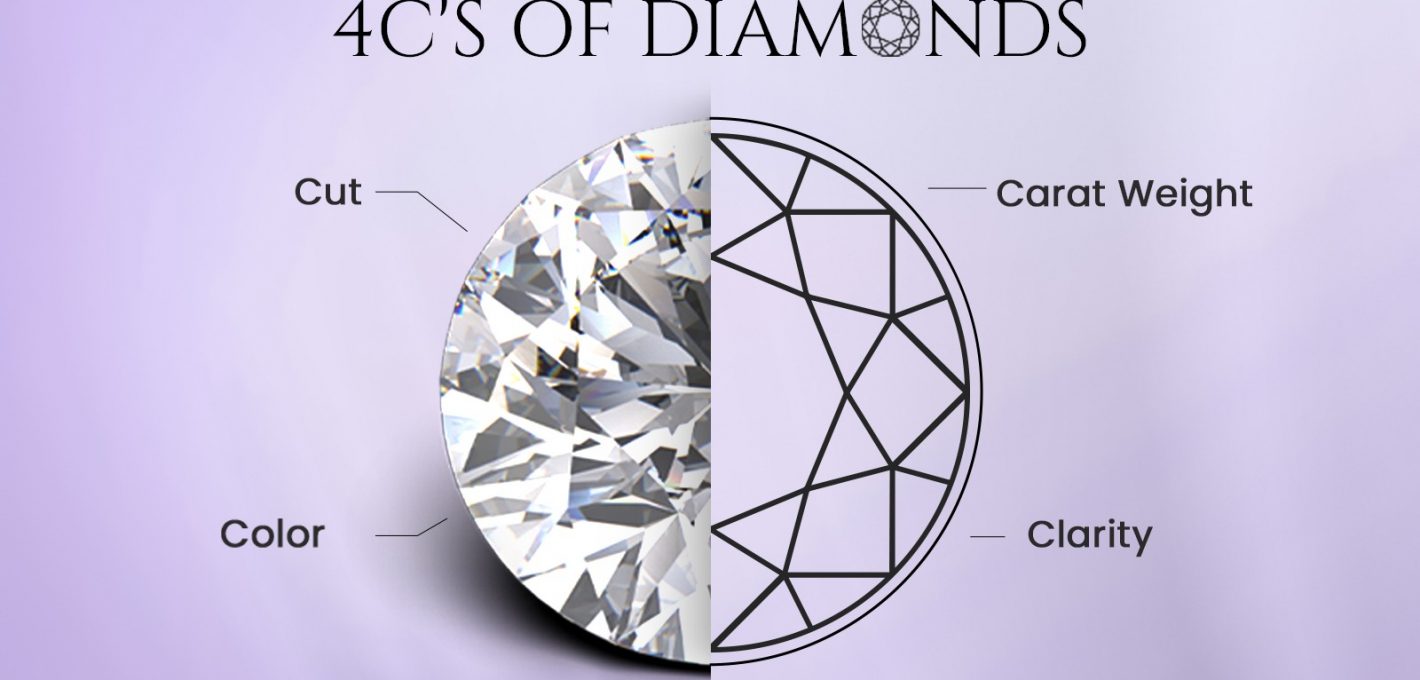
The term ‘streaming’ refers to any media content – live or recorded – that is distributed to laptop computers and mobile devices over the internet and is played back in real time. Podcasts, webcasts, movies, television shows – as well as music videos – are common forms of streaming content.
Do Actually You Know What The Difference Is Between Streaming And Downloading?
Streaming is real-time, just like the live games you’ll find at Grand Rush casino online. Plus, it’s far more effective than downloading media files. If a video file happens to be downloaded, a copy of the whole file will be saved onto the device’s hard drive and the video is not able to play until the whole file finishes downloading.
If it’s streamed rather, the browser plays the video without essentially copying and saving it. The video loads little bit by little rather than the whole file loading at once, and the data that the browser loads is not saved on your local machine.
Think about the difference between a lake and a stream: Both contain water, and a stream may have just as much water as a lake; the difference is that with a stream, the water is not all in exactly the same place and at the same time.

A downloaded video file is far more like a lake as it that it takes up quite a lot of hard drive space (and it takes a long time to move a lake). Streaming video is a lot more like a stream or a river, as that the video’s data is continuously, quickly flowing to the user’s browser.
Does Streaming Utilise The User Datagram Protocol (UDP) Or The Transmission Control Protocol (TCP)?
Some of the streaming methods use UDP and some use TCP. UDP and TCP are transport protocols, which means they are used for moving packets of data across networks. Both are utilised with the Internet Protocol (IP). TCP opens a devoted connection before transmitting data, and it makes sure that all data packets arrive in order. As opposed to TCP, UDP does neither of these things. As a result, TCP is more reliable however transmitting data via UDP does not take as long as it does via TCP, even though some packets are lost along the way.
If TCP is almost like a package delivery service which requires the recipient to sign for the package, then UDP is almost like a delivery service which leaves packages on the front veranda without knocking on the door to get a signature. The TCP delivery service loses less packages, however the UDP delivery service is faster, as packages are dropped off even if no one is home to sign for them.
For streaming, in some instances speed is far more important than reliability. For example, if someone is in a video conference they would prefer to interact with the other conference attendees in real time as opposed to sitting and waiting for every bit of data to be delivered. Therefore, a few lost data packets is not a major concern and UDP should be used.






